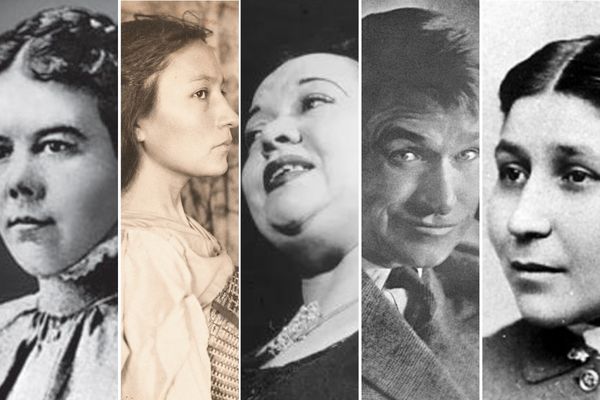
- Details
- By Native News Online Staff
U.S. Senator Tina Smith (D-MN), a member of the Senate Committee on Indian Affairs, introduced the Native Histories and Cultures Education Act legislation to improve public education and understanding about Native American peoples and their histories.
The legislation aims to correct an ongoing problem of the lack of accurate Native American history being taught in the public education system throughout the United States.
Unfortunately, the education most students receive regarding Native histories and cultures is woefully inadequate. For example, nearly half of Americans say that what they were taught in schools about Native Americans was inaccurate and in most K-12 classrooms, students are not taught about Native peoples at all post-1900. Furthermore, teachers rate “history of Native American peoples” and “pre-Columbian American history and culture” as two of the worst subjects in terms of coverage and accuracy. These glaring educational deficiencies allow negative stereotypes and misconceptions to take hold and persist.
Smith believes accurate, thorough education about Native peoples benefits all students, Native and non-Native alike.
“It is unacceptable that so many Americans are under- and misinformed about Native peoples and their history,” Smith said. “Teachers and Native groups around the country have been sounding the alarm and pushing for action on this issue for years, and it’s time we listened. This legislation would help develop accurate and thorough curriculum for our schools so that harmful misconceptions and stereotypes do not persist.”
Senator Smith’s legislation, the Native Histories and Cultures Education Act, would help states improve primary and secondary education about Native histories and cultures in North America by:
- Directing the National Museum of the American Indian (NMAI) to produce and make publicly available teaching materials related to Native peoples of the United States prior to European contact and up until the present date. These educational materials would be developed in direct consultation with Tribes, Tribal organizations and other Native and education stakeholders.
- Creating a voluntary grant program administered by NMAI for State or Local Educational Agencies and Tribes to jointly apply for funding to expand upon existing educational materials, develop locally and regionally specific additional materials and implement the curricula in their area.
This legislation is inspired by the Understand Native Minnesota initiative, led by the Shakopee Mdewakanton Sioux Community, which aims to improve how the state’s schools teach Indigenous history. The Native Histories and Cultures Education Act is endorsed by: National Congress of American Indians, National Indian Education Association, American Indian Higher Education Consortium, Center for Native American Youth at the Aspen Institute, National Indian Impacted Schools Association, American Federation of Teachers, National Education Association, National Association of Secondary School Principals, National Association of Elementary School Principals, and Teach for America Native Alliance.
More Stories Like This
Bard College Center for Indigenous Studies (CfIS) Hosts Annual Symposium With Keynote Speaker Miranda Belarde-Lewis on March 9–10American Indian College Fund Announces Spring 2026 Faculty Fellow Cohort
Navajo Nation Signs $19 Million Diné Higher Education Grant Fund Act into Law
Dr. Shelly C. Lowe to Be Inaugurated as IAIA President March 26–27
Tlingit Language Courses Expand for Students to Learn With Families At-Home
Help us defend tribal sovereignty.
At Native News Online, our mission is rooted in telling the stories that strengthen sovereignty and uplift Indigenous voices — not just at year’s end, but every single day.
Because of your generosity last year, we were able to keep our reporters on the ground in tribal communities, at national gatherings and in the halls of Congress — covering the issues that matter most to Indian Country: sovereignty, culture, education, health and economic opportunity.
That support sustained us through a tough year in 2025. Now, as we look to the year ahead, we need your help right now to ensure warrior journalism remains strong — reporting that defends tribal sovereignty, amplifies Native truth, and holds power accountable.
 The stakes couldn't be higher. Your support keeps Native voices heard, Native stories told and Native sovereignty defended.
The stakes couldn't be higher. Your support keeps Native voices heard, Native stories told and Native sovereignty defended.
Stand with Warrior Journalism today.
Levi Rickert (Potawatomi), Editor & Publisher


